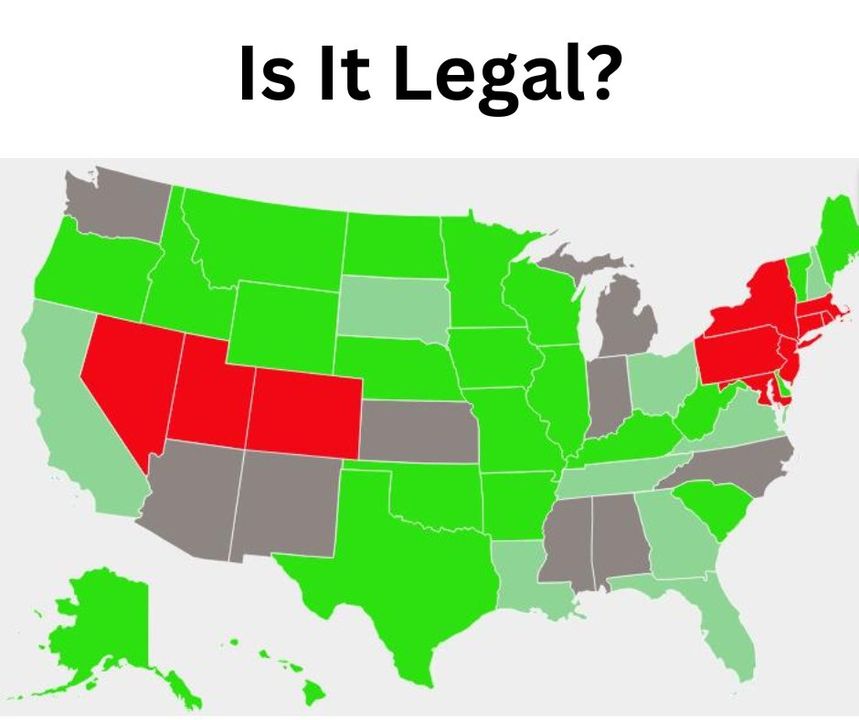PepperRidgeFarm
New Member
- Joined
- Dec 10, 2021
- Messages
- 2
First post so please go easy.
Ive been using 2 2kw GTIL inverters for a couple years now as my system grows (I know they catch a lot of flack, but they actually work really well). We recently had a decent snow storm roll in and I decided to switch over to my pair of MPP Solar 3048lv-mk's. I did this to protect my grid tie inverters in the case of a surge, and to make sure my greenhouse didn't lose power to its heaters while I was asleep knowing damn well the temps would be pretty cold at night, and it could have produced some decent freezing rain.
I am now 5 days in with my main breaker off and really haven't changed my lifestyle at all. Even my girlfriend says she often forgets we are off grid, and my project not being a pain to her is a requirement of mine. My setup isn't crazy, I am running 4kw of panels, 21 KWH of DIY Li-ion batteries, a Midnite solar classic 150, and the 6kw of inverters I mentioned before. Along with adding solar I have made some changes to the house to reduce my load such as re-insulating the attic and swapping the water heater with a heat pump water heater that I will be ducting into the house in the summer, and here soon I will be adding a small geothermal A/C to my house.
Being 5 days into this it has made me rethink even being connected to the grid. The reason I am turning to you guys is 1, there are many of you with real world experience, and 2, I have concerns that I would like to talk over with people here. Convenience is a huge factor to me for my girlfriend like I said before, I know myself and I will happily heat water on the wood stove for a bath to achieve my goals, but that doesn't go over well for everyone...
With summer around the corner I will be obviously using the A/C more, my greenhouse fans will be running much more often, and my well pump will be working more to water the plants for the farm. I don't plan on going off grid fully until I actually fully test out a summer with this setup, but I can't help but wonder what other issues I could run into.
My question for you guys is should I continue with my GTIL setup to offset my cost and just have the MPP inverters there in case of a power out situation? Or is it worth saving the $20 or so a month to call my power company and tell them to cut me off, sell the GTIL's and add more MPP inverters? What other considerations should I have other than summer power usage and potential (normal) failures?
Thank you all in advance.
Ive been using 2 2kw GTIL inverters for a couple years now as my system grows (I know they catch a lot of flack, but they actually work really well). We recently had a decent snow storm roll in and I decided to switch over to my pair of MPP Solar 3048lv-mk's. I did this to protect my grid tie inverters in the case of a surge, and to make sure my greenhouse didn't lose power to its heaters while I was asleep knowing damn well the temps would be pretty cold at night, and it could have produced some decent freezing rain.
I am now 5 days in with my main breaker off and really haven't changed my lifestyle at all. Even my girlfriend says she often forgets we are off grid, and my project not being a pain to her is a requirement of mine. My setup isn't crazy, I am running 4kw of panels, 21 KWH of DIY Li-ion batteries, a Midnite solar classic 150, and the 6kw of inverters I mentioned before. Along with adding solar I have made some changes to the house to reduce my load such as re-insulating the attic and swapping the water heater with a heat pump water heater that I will be ducting into the house in the summer, and here soon I will be adding a small geothermal A/C to my house.
Being 5 days into this it has made me rethink even being connected to the grid. The reason I am turning to you guys is 1, there are many of you with real world experience, and 2, I have concerns that I would like to talk over with people here. Convenience is a huge factor to me for my girlfriend like I said before, I know myself and I will happily heat water on the wood stove for a bath to achieve my goals, but that doesn't go over well for everyone...
With summer around the corner I will be obviously using the A/C more, my greenhouse fans will be running much more often, and my well pump will be working more to water the plants for the farm. I don't plan on going off grid fully until I actually fully test out a summer with this setup, but I can't help but wonder what other issues I could run into.
My question for you guys is should I continue with my GTIL setup to offset my cost and just have the MPP inverters there in case of a power out situation? Or is it worth saving the $20 or so a month to call my power company and tell them to cut me off, sell the GTIL's and add more MPP inverters? What other considerations should I have other than summer power usage and potential (normal) failures?
Thank you all in advance.
Last edited:



